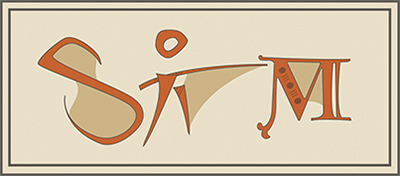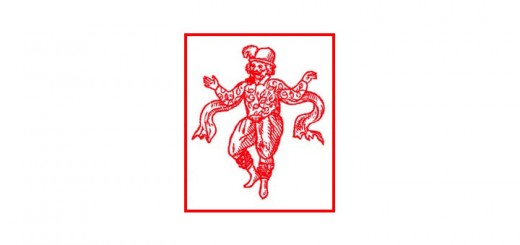‘Memory’ has become a popular topic in cultural studies in recent decades, since we experience that actual world politics keep referring to certain memories that should be kept alive or should be suppressed, that should be commented or put into the ‘right’ place, that could be used as a warning or as a justification for present decisions or actions, etc. Talking about ‘memory’, we realize that it is a ‘made’ memory, formed by media, art, literature, rhetoric etc. In the middle ages, theatre has played an important role shaping memory. In 2018, there will be an additional reason to reflect about memory at the IMC Leeds, since it will be the 25th International Medieval Congress, inviting us to reflect how we should outline the memory of our disciplines. Since SITM was also founded in Leeds (far earlier, though), we might take the chance to reflect our own history, together with papers presenting the special role that theatre takes in shaping ‘memory’, or reminding of things that should not be forgotten, while at the same time theatre performance depends on the memory of the actors presenting it. Thus: ‘memory’ is a multiple topic to be discussed in theatre studies.
I would like to organize three drama sessions at the IMC 2018. Their topics could be:
1. Medieval Theatre Studies: History of the discipline, and future perspectives
Papers in this session could focus on individual scholars or schools that were influential in the field of medieval theatre studies; on the history of theatre festivals, on collections, on changing methods, on the impact of digitalization, etc.
2. Memorizing lines on medieval stage
Papers in this session could reflect about techniques of memorizing lines, about the roles of prompters in medieval plays, but also about methods to make the audience remember certain lines, such as repetitions, rhythm, the use of music, etc.
3. Shaping memory through theatre
In this session I would invite papers about triumphes, festivals, celebrations of certain events that were designed to inscribe these events into the audience’s memory, but also papers about historic events, interpreting them for the time of the audience, and thus possibly correcting the audience’s memory of events or persons.
4. Theatrical memento
Papers in this session could deal with various forms of ‘memento mori’ on stage, such as the whole Everyman-tradition with its vast number of variations, dances of death, Doomsday Plays, or other plays designed to remind the audience of death or the future.
Scholars of all various disciplines dealing with medieval theatre are welcome to join the sessions with a 20min paper. Please send your proposed titles (and a short abstract, max. 0.5 page) in English, German, or French language to:
Prof. Dr. Cora Dietl, University of Giessen, Germany: cora.dietl@germanistik.uni-giessen.de
Deadline for proposals: 20th August, 2017.


